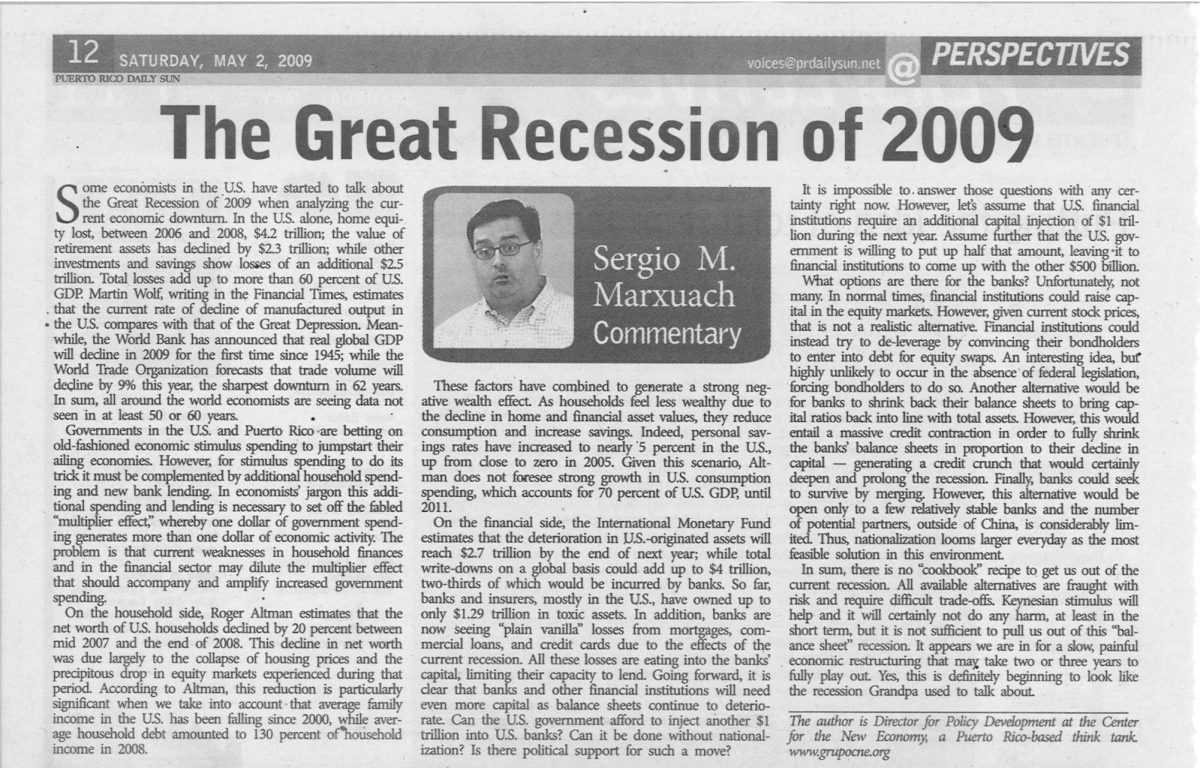The ACT has been around since 1959, in this sixty-five year period there have only been four changes made to the test – and it’s just made its fifth. Starting in April 2025, not only will the Science portion of the ACT be another optional test, like the writing, but the allotted time will be shortened by roughly fifty-five minutes. The question is what does this mean for you?
One of the main problems with the ACT is time management – Janet Godwin, the CEO of the ACT Education Corp. has made it a priority to “meet the needs of learners and underscore [their] legacy of innovation”; meaning that – hopefully – we won’t have to bubble in random answers anymore. It may seem counterintuitive to cut the ACT down since the lack of time seems to be detrimental to students’ performances, but there’s a reason for it.
Not only is the Science portion of the test being taken out, but the number of questions on the Reading and English test will be cut down as well – along with the length of each passage in those sections. The allotted time may be getting cut, but it’s only to make up for all of the other positive changes taking place.
This will help students who may have problems with ADHD, anxiety, or any other testing handicap to have a better chance to perform at their best. Even if you don’t have any problems with test taking, it can be difficult to stay focused and clear-minded for three hours of hard, above grade-level testing. This gives you the opportunity to put more brain power into your tests and raise your scores as well.
These ACT modifications, however, can not be made overnight. The adjustments will start with the national online testing in April of 2025, it will not be offered to the paper testing and school-day testing until the spring of 2026.
ACT tests have a part to play in your future. Some colleges don’t even accept applicants if they don’t have a certain score – these modifications will give everyone a better chance of getting the scores they want and need. Take hold of this opportunity and get your scores higher than ever before!
Sources: bestcolleges.com leadershipblog.act.org blog.prepscholar.com





















